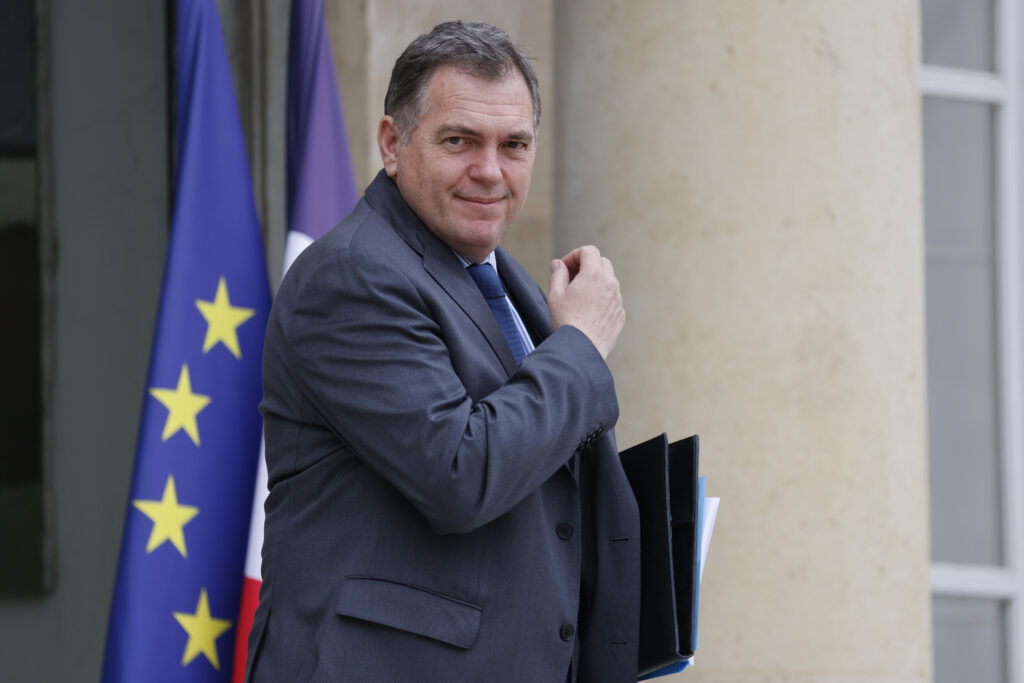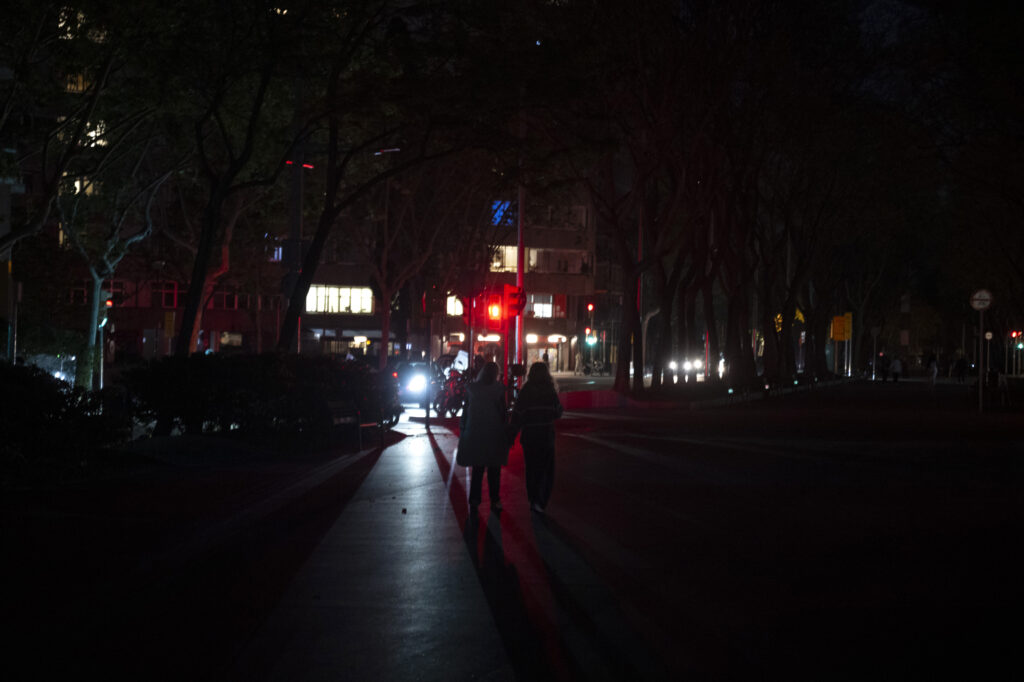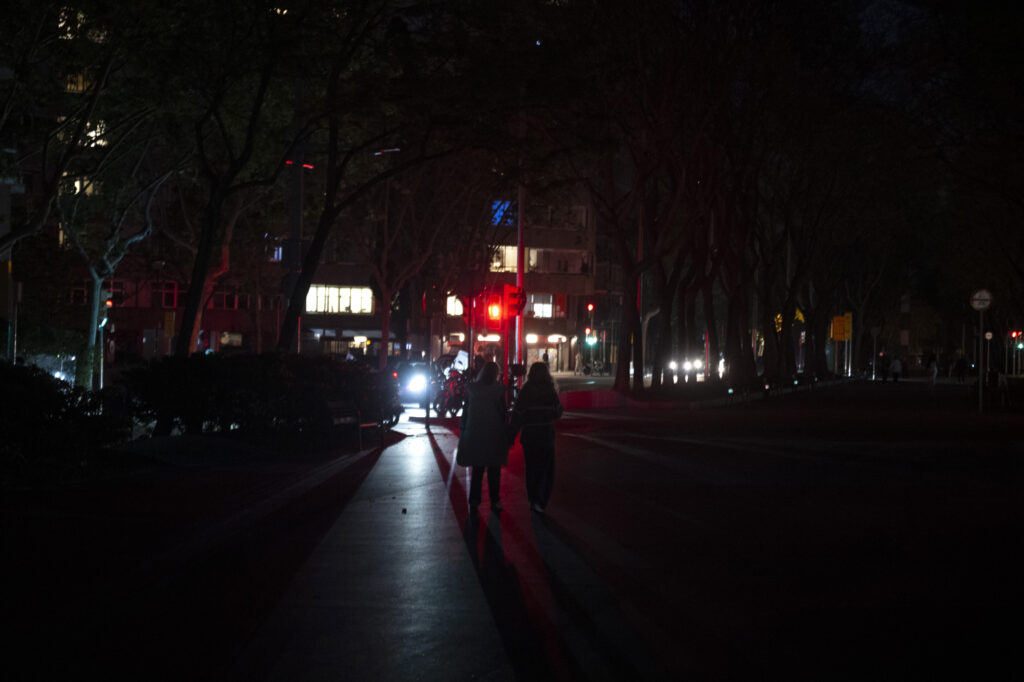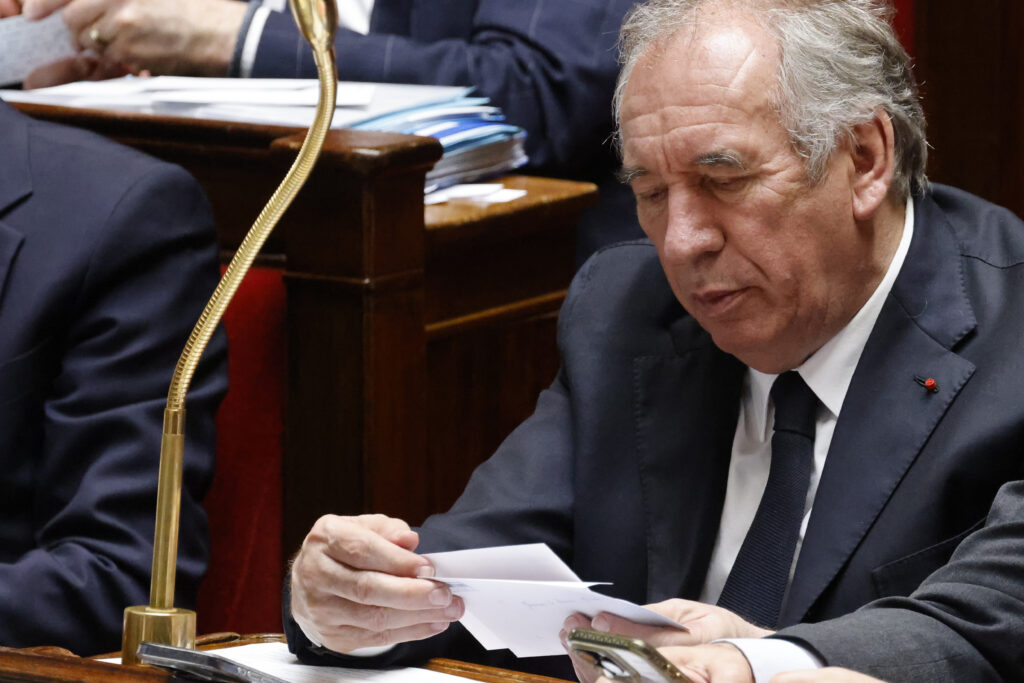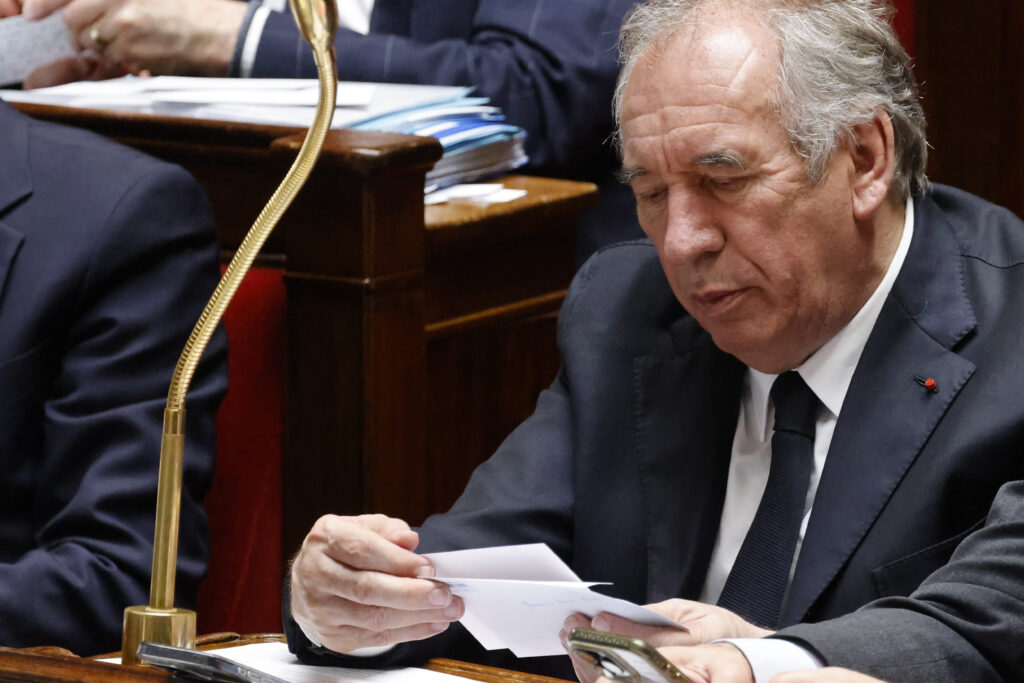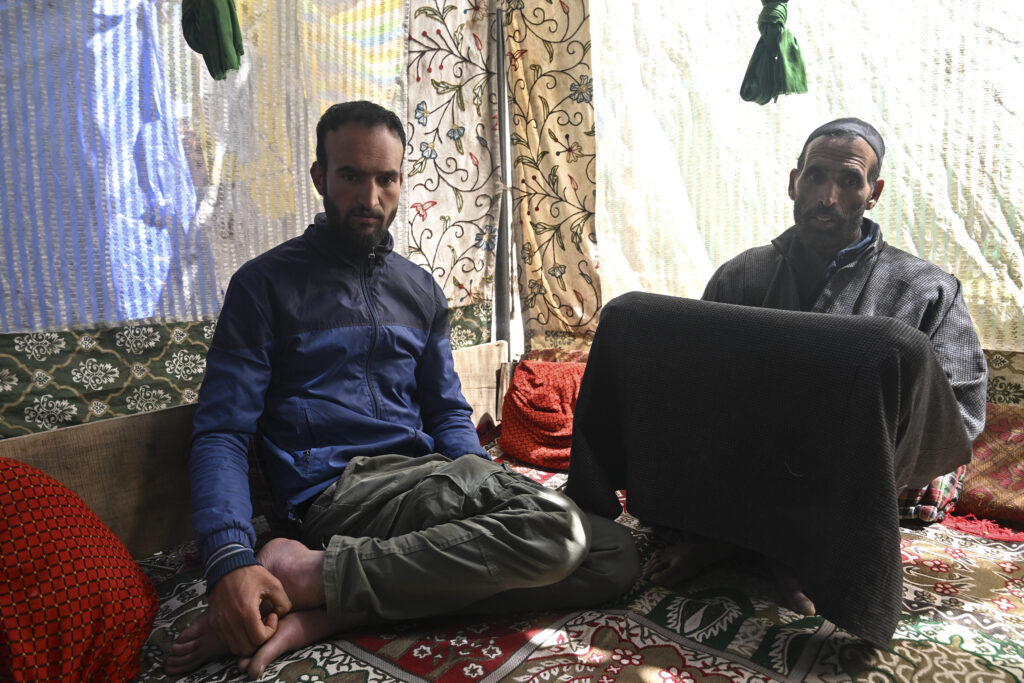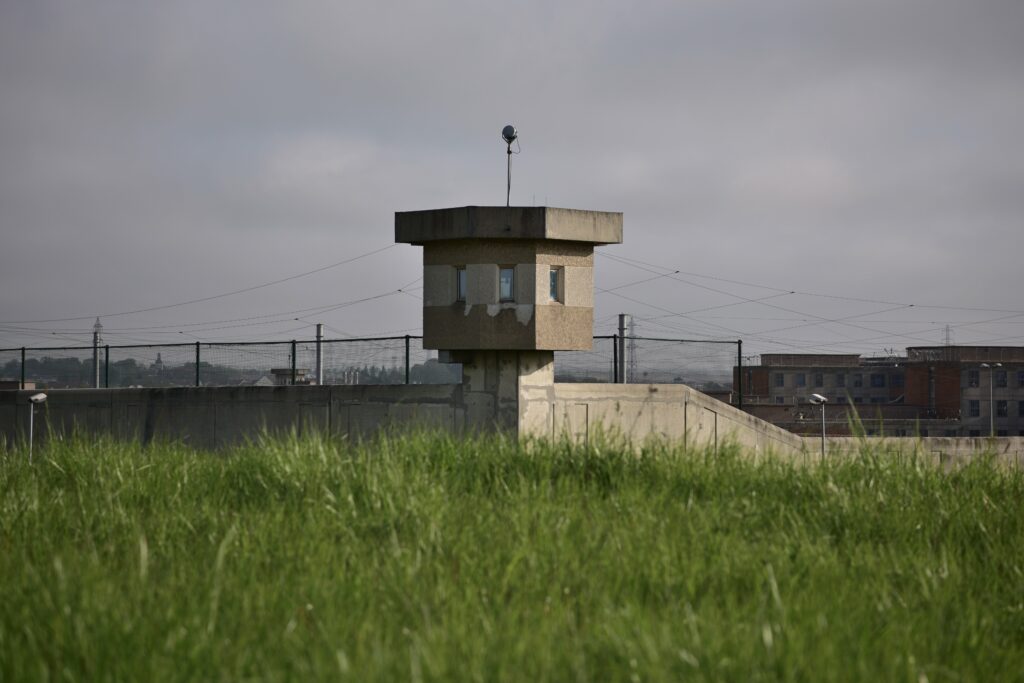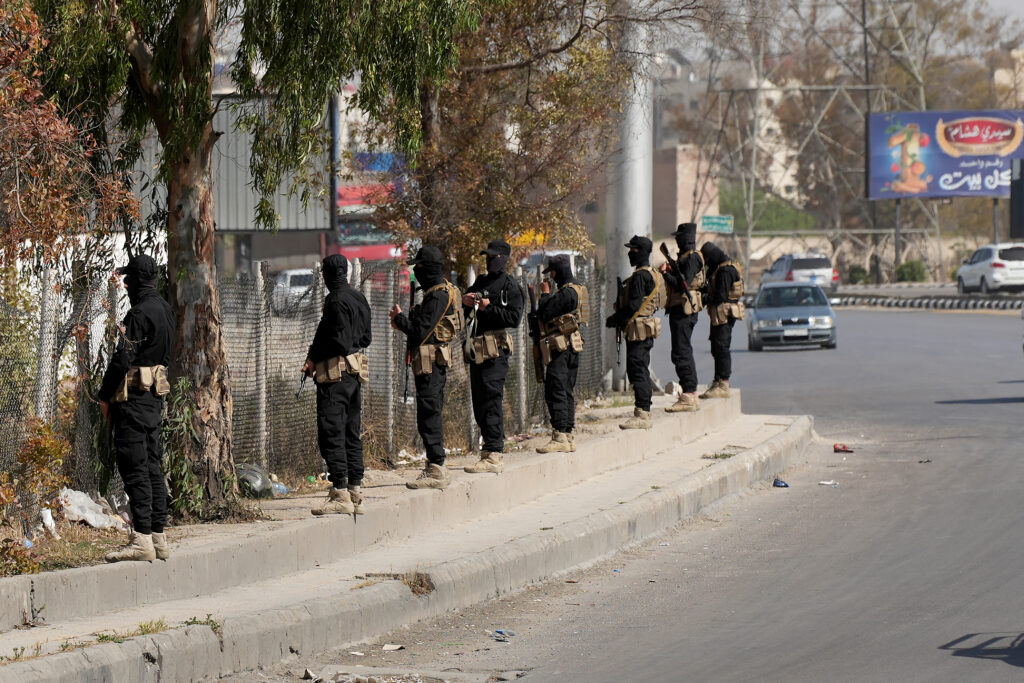Transport scolaire: les contrôles de chauffeurs vont être “multipliés” selon Tabarot
Le ministre des Transports Philippe Tabarot a annoncé mercredi que les contrôles de chauffeurs de cars scolaires, notamment pour déceler une éventuelle prise de stupéfiants, allaient être “multipliés, de manière inopinée”, trois mois après un accident ayant provoqué la mort d’une lycéenne.Le gouvernement présente mercredi matin un plan pour le renforcement de la sécurité routière du transport scolaire, en présence des opérateurs, des autorités organisatrices des transports et des fédérations professionnelles.Chaque jour, pour rejoindre leur établissement, 1,9 million d’élèves empruntent les transports scolaires. Le ministère des Transports dénombre plus de 30.000 conducteurs de cars et bus scolaires.”L’accident survenu à Châteaudun, le jeudi 30 janvier, ayant coûté la vie à une lycéenne et les contrôles qui s’en sont suivis, ont notamment mis en évidence des cas préoccupants de conduite après usage de stupéfiants parmi les conducteurs de transports scolaires”, indiquait mardi le ministère dans un communiqué.Mercredi sur TF1, Philippe Tabarot a annoncé qu’une “quinzaine de mesures allaient être présentées” dans le cadre de ce plan transports scolaires.Alors que “plus de 10.000 contrôles” de chauffeurs ont été réalisés depuis l’accident mortel de Châteaudun, “nous avons souhaité avec les opérateurs multiplier les contrôles au sein même” des entreprises, “de manière inopinée, concernant les stupéfiants. Ce seront des tests qui seront opérés par entreprises de transport plusieurs fois dans l’année de manière aléatoire”, a annoncé le ministre.Chaque conducteur fera l’objet d’au moins un test aléatoire par an pour dépister les stupéfiants, a précisé le ministère des Transports dans un communiqué.Par ailleurs, “et là c’est dans une échéance de plusieurs mois, mais je souhaite (…) que la filière avance sur quelque chose qui puisse permettre de contrôler les chauffeurs dès qu’ils montent dans le bus”, avec l’objectif de “stopper le démarrage” du car en cas de contrôle positif, a détaillé le ministre. “Mais cela demande quelques mois pour que la technologie puisse être avancée, pour pouvoir notamment contrôler tout type de drogue que ce soit le cannabis mais malheureusement quelque fois la cocaïne ou des dérivés comme la kétamine”, a ajouté le ministre. Le ministère des Transports s’est fixé une échéance de quatre ans pour déployer la mesure, selon le communiqué du gouvernement.Parmi les autres mesures, M. Tabarot a annoncé que le plan prévoyait de “renforcer les contrôles de police très régulièrement; avoir une meilleure formation des conducteurs sur les risques de prise de produits stupéfiants; sécuriser les bus pour les enfants, avec le port de la ceinture”.Il a aussi évoqué “l’utilisation de caméras pour prévenir le conducteur sur une perte d’attention” ou encore “la possibilité pour les enfants, à travers un numéro de téléphone, de contacter des personnes référentes pour dire que quelque chose se passe dans le bus qui n’est pas conforme”.Un alourdissement des santions pénales visant les chauffeurs responsables d’homicides routiers lorsqu’ils sont sous l’emprise de stupéfiant est aussi à l’étude.
